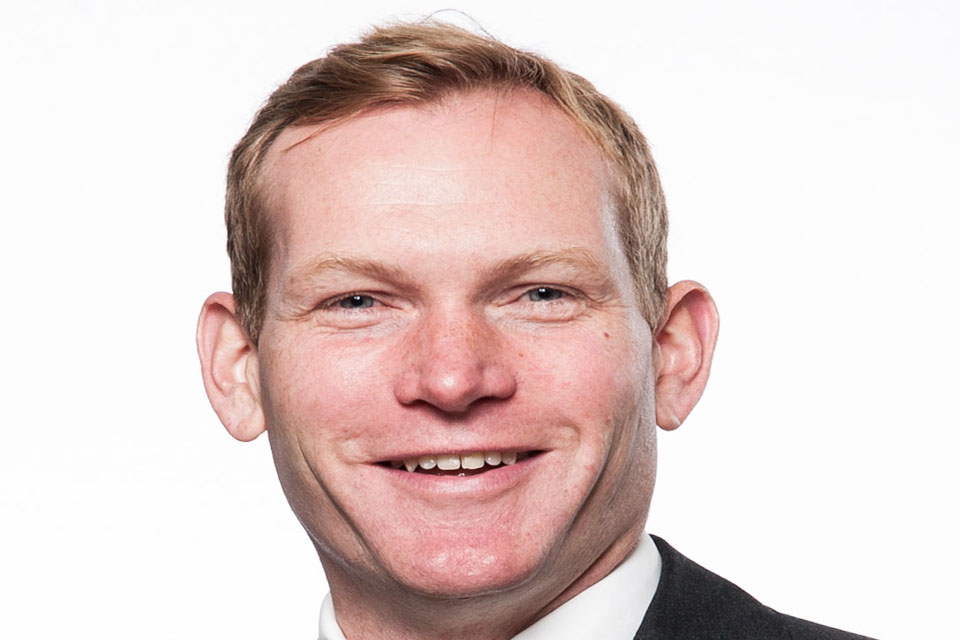BBC Asian Network: Jeremy Browne on the rise of forced marriage cases for men
Foreign Minister, Jeremy Browne was interviewed by BBC Asian Network. He spoke about the dramatic rise in forced marriage cases for men.

Rozina Sini: Now it’s something we’ve heard a lot about on Asian Network, it can end in murder, it can devastate lives. It’s people being forced to marry when they don’t want to. It mainly affects women. Now the Government’s shining a light on the men who are victims. It’s worried that reports of male victims are up sixty five per cent. Here’s our politics reporter Adam Pasternicki.
Adam Pasternicki (AP): There’s in surge in numbers and it’s got the Government worried. Two years ago there were just over a hundred and thirty male cases for the whole year, now the Government’s totted up the figures for 2010, getting up to ninety. And that’s just to the end of May. Anup Manota works with victims, one boy as young as fourteen.
Anup Manota - Works with Victims of Forced Marriage (AM): He thought he was at a little party, once he was seventeen he had to go back there. He was actually drugged, taken abroad and he was shackled as well. So they can go to all lengths, abusive as well.
AP: Now the Government wants teachers and social workers to look out for this more. It reckons people associate forced marriage with teenage girls because six out of seven cases affect females and they can miss it when it happens to boys. Anup says there’s another problem too. Lads find it less easy to talk about this than girls.
AM: They say we can’t speak to our friends, ‘cause they’ll just probably mock them or something and just say you have to do it. They won’t probably really support them whereas you might find some female mates who will understand that. The callers we’ve, they’ve got no support whatsoever.
AP: There is a problem here though, money. There are certain things in place to help female victims - refuges where they can stay. There’s none of that for men. Natasha Rattu is from helpline Karma Nirvana.
Natasha Rattu - from Karma Nirvana: I think it’s brilliant to raise awareness. I think that we’re very much scratching the surface on this issue and as much awareness as this issue can get is brilliant. But then the difficulty lies in trying to find for example refuge provision. So it’s about being able to then support these people that potentially will come forward.
AP: The reason we’re hearing about this now is because we’re close to the start of the school summer holidays when cases go up. I’ve been talking to someone in the Government about the whole thing.
Jeremy Browne - Foreign Office Minister (JB): Hello, my name’s Jeremy Browne. I’m a Minister in the Foreign Office.
AP: **We always tend to think of forced marriage as being mainly a problem that involves women.
**
JB: We are aware of about one thousand seven hundred cases a year and about six out of every seven of those cases it is the woman who is the victim. One in seven involve men. Talking about, you know, a couple of hundred cases a year that we are aware of. Probably a bit of a surprise for people listening to this programme, but it’s an issue we want to shine a spotlight on.
AP: Aren’t you worried you’re taking attention away from the bulk of the problem which is forced marriage involving women?
JB: Well I hope we’re focusing attention on the whole issue of forced marriage. It is mainly involving women and of course a lot of our emphasis is on women, but it’s worth I think raising this, this point about the men who are involved. So it is not a completely minor issue.
**
AP: **Forced marriage is something that has been linked with people being murdered, going missing, being estranged from their families, imprisoned against their will, having all sorts of problems. Are you prepared to guarantee the funding for the programmes that you have?
JB: Across the whole of Government there are going to have to be efforts to spend more money efficiently and wisely. I’m not saying it on this particular case, but I don’t think you can go around making great guarantees about all Government funding, because we have a big difficult national situation. The reason I am on is to tell people that it is a priority for us. We have staff in the British Foreign Office who are dedicated to precisely the work that I’m talking about. There are people who turn up for work every day in the British Government wanting to help people on this issue.
AP: So when the day comes will you stand up and say I know we’ve got to make x per cent cuts, but this is an area where we can’t really do that?
JB: I’m standing up for it today and what we have said about all of the services that we provide for British citizens who need the support of the British Government, we have a plan for the service as a whole. We’ve just launched it for the next three years and that is a really core part of the Foreign Office.